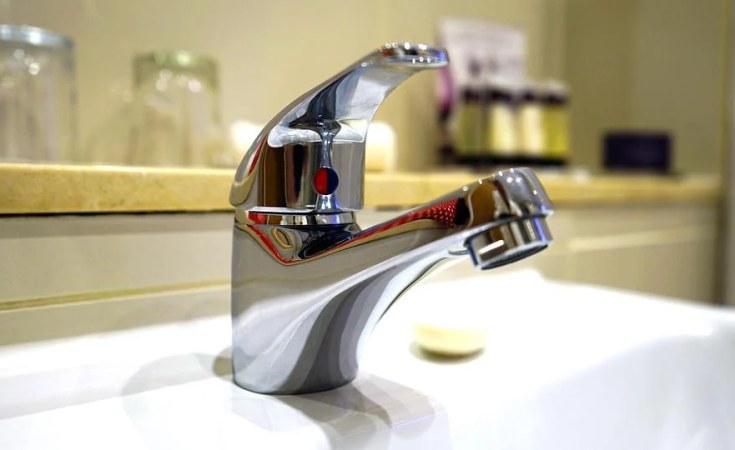While various measures are being implemented to ensure the sustainable and reliable supply of water, government has appealed to consumers to reduce demand and prioritise paying their water bills to ensure that money is re-invested in infrastructure.
Briefing media in Pretoria on Tuesday, Water and Sanitation Minister Senzo Mchunu, said South Africa is considered to be one of the top 30 driest and water-scarce countries in the world and that water sources are mainly supported by sporadic rainfall.
This rainfall is distributed unevenly in the country and across the seasons.
"The majority of our dams are currently at full capacity and there is adequate bulk water security to meet current and projected demands, except in areas in the Nelson Mandela Bay which has been experiencing drought at least for the past eight years," the Minister said.
However, he appealed to the public to abstain from illegal water connections and water theft which weakens sustainable water provision and results in low pressure provision by the system.
He further urged residents to stop as well as report vandalism of water infrastructure such as valves and meters and report leaks and blockages to municipalities.
Mchunu on Monday held a meeting with Executive Mayors from the three metropolitan municipalities and other municipalities in Gauteng as part of efforts to unlock bottlenecks that hinder the provision of water services to communities.
Gauteng is South Africa and the continent's economic hub with at least 16.1 million residents. The Vaal Dam, which part of the Integrated Vaal River System is the main source of water to the province, is currently sitting at 103%.
The Minister said there is a constant need to weigh supply versus demand.
"There is currently a shortage of supply in some municipalities, in terms of average daily supply versus average daily demand.
"During the months of September last year, January and February this year, there were peak demands in Rand Water's systems due to heat waves, which resulted in some system malfunctions, compounded by high levels of load shedding.
"This led to Rand Water losing its production capacity and subsequently experiencing low water levels in its reserve reservoirs, resulting in municipalities not able to meet their peak and fluctuating hot summer demand to their residents," the Minister explained.
The current water demand for Gauteng is at 4563 megalitres per day while Rand Water is currently able to supply 4431 ml/pd, which therefore leaves a variance of 396 ml/pd and equal to 9%.
"Out of the 4431 ml/pd that is pumped into municipalities' systems, at least 5 % is lost within the Rand Water system resulting in 3968 megalitres per day reaching municipalities. Out of this 3968 ml/pd, an estimated 45% is lost within municipalities' systems as Non-Revenue Water, yet the international norm should be 15% and below.
"Of the 45% Non-Revenue water, at least 20% is recorded as physical losses such as leaks and burst pipes," he said.
Some of the challenges include inefficiencies in the speed and quality of repairs for leaks and burst pipes and the non-implementation of water efficiency solutions such as Water Conservation and Water Demand Management in municipalities; unplanned human settlement resulting in un-metered water consumption; load shedding and low infrastructure financial investment by municipalities into water services projects such as storage reservoirs, pump stations, towers and old pipe renewals or upgrades.
In February, Rand Water commissioned an additional 210 ml/pd reservoir under the Mepleton System in Vlaakfontein, aimed at increasing water security for part of Ekurhuleni and Tshwane.
"Rand Water is also increasing the treatment capacity at Zuikerbosch from 3800 Ml/day by a further 600 Ml/day between 2023 and 2025. Of the additional 600 ml/pd, in June 2023, Rand Water will commission 150 ml/pd while 300ml/pd will come in 2024 and the 150 ml/pd in 2025. The total treatment for Zuilerbosch will therefore be 4400 ml/pd by 2025.
"In the long-term, by 2028 Rand Water is planning to invest R28 billion by constructing additional storage reservoirs for Meredale, Daleside, Klipfontein, Germiston, Hartebeeshook, Bronberg, Brakpan and Selcourt. By 2028, Rand Water would have increased its storage capacity of treated water from the current number of reservoirs from 60 to 72 while its storage capacity from 6100 ml/pd to 7630 ml/pd," said Mchunu.
In addition to the long-term plans, said the Minister, the department is also accelerating the Lesotho Highlands Water Phase 2.


